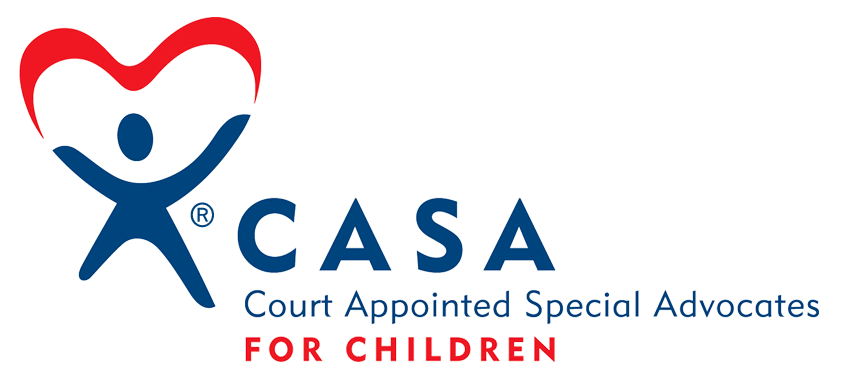Why Education Matters to Children in Foster Care
In general, children in foster care have more physical, academic, and behavioral problems than their peers. Before children are removed from their homes because of abuse or neglect, they may already be behind academically and socially because of the chaotic nature of their lives. After they are removed from their biological homes, children may change foster care placements several times. Each new placement brings a new community and a different culture, which these children must now learn to navigate.
“Changing schools is a disruptive process for any child. No matter what the children have suffered while under the care of their parents, they miss their biological families, their homes, their friends, neighbors, and teachers, pets and their “things”. (The Role of Schools in Supporting Children in Foster Care) How they manage to sit in classrooms and try t
Unless schools and the foster families communicate and address the gaps in learning that youth in foster care experience, it is unlikely these children will be able to overcome the negative affects of abuse, neglect and out-of-home placement. According to Dr. John DeGarmo, “In order for a child in foster care to succeed in school, his foster parents must be leading the charge and blazing a path as his advocate, fighting for his every chance. Teachers may be too busy to reach out with information, or may not have the necessary information about the child that they need in order to meet the child’s needs.”
